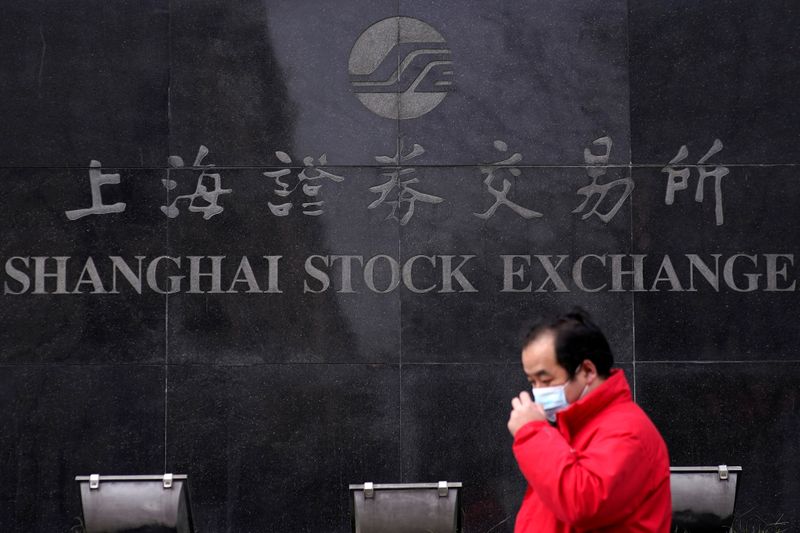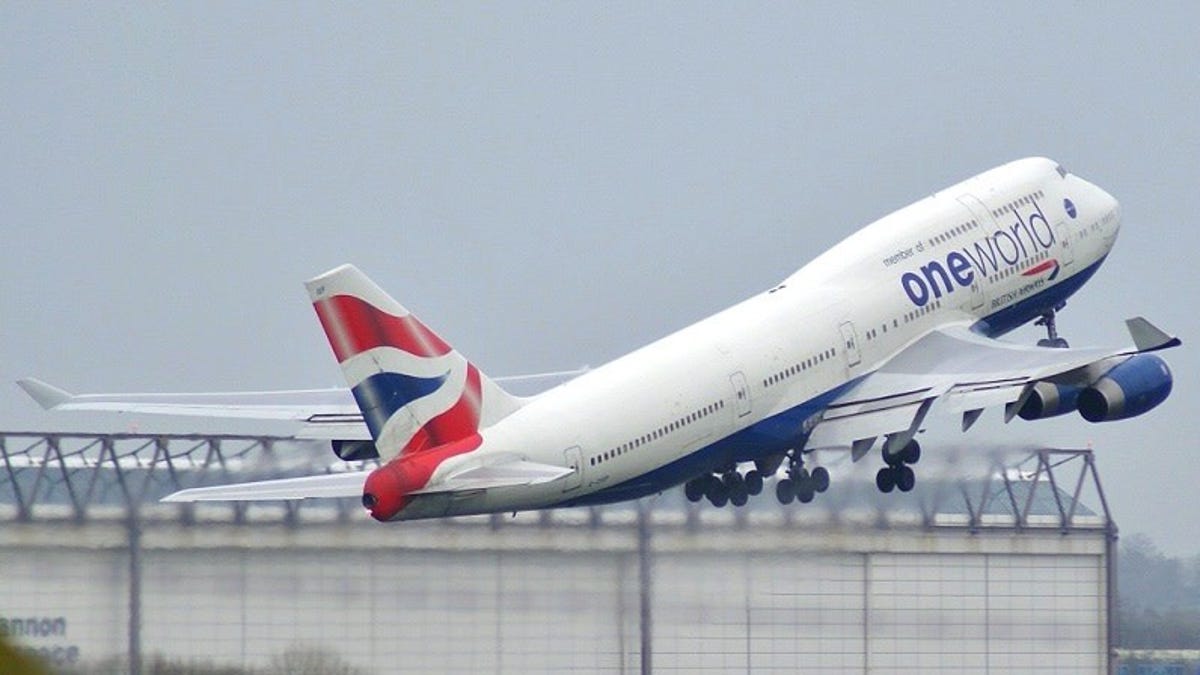Asian stock markets slid Monday after China reported an uptick in new cases of its virus outbreak and analysts warned optimism the disease is under control might be premature.
Market benchmarks in Tokyo, Shanghai and Hong Kong retreated. Australia was unchanged.
A decline last week in the number of new Chinese virus cases reported daily fed investor optimism the disease and its economic impact might fade. But economists and industry analysts warn the outbreak still is weighing on retailing, tourism, electronics, shipping and other fields.
Markets took the decline in daily new cases “as an early indication of containment,” said Vishnu Varathan of Mizuho Bank in a report.
“But this may well prove to be premature relief,” said Varathan. “And so, the “Coro-NO-virus” relief is at best shallow, if not essentially no relief, at this point.”
Tokyo’s Nikkei 225 NIK, -0.60% and Hong Kong’s Hang Seng HSI, -0.59% each shed 0.6%, though the Shanghai Composite Index SHCOMP, +0.51% rebounded and rose 0.5%.
In South Korea, the Kospi 180721, -0.49% declined 0.5% while Sydney’s S&P/ASX 200 XJO, -0.14% closed down 0.1%. Markets in New Zealand NZ50GR, -0.50% , Taiwan Y9999, -0.33% and Southeast Asia also retreated. Indonesian stocks slid 1%.
China reported 3,062 new virus cases in the 24 hours through midnight Sunday. That’s up 15% from Saturday’s tally in a reminder of enduring uncertainty about the disease, which has prompted authorities to cut most access to the central city of Wuhan and impose travel and other restrictions on others.
China’s central bank promised additional lending to cushion companies against the blow of intensive controls that closed shops, factories and other businesses nationwide. The government promised tax cuts and subsidies to farmers, makers of medical supplies and other companies.
Authorities are using targeted loans and government spending to fight the virus’s effects instead of a broad-based stimulus, said Iris Pang of ING in a report.
“It seems that policymakers do not want to confuse emergency policies with standard easing policies,” said Pang. “We may not see broad-based economic policy actions in the near term.”
On Wall Street, stocks snapped a four-day winning streak and fell Friday but closed out the U.S. market’s best week in eight months.
Stronger corporate earnings and hopes global central banks can support markets had helped to diffuse fears about the Chinese virus. But analysts said investors took profits Friday amid lingering uncertainty about the virus’s global impact.
The benchmark S&P 500 index SPX, -0.54% retreated 0.5% to 3,327.71 and the Dow Jones Industrial Average DJIA, -0.94% lost 0.9% to 29,102.51. The Nasdaq composite COMP, -0.54% slid 0.5% to 9,520.51.
Benchmark U.S. crude CLH20, -0.38% lost 22 cents to $50.09 per barrel in electronic trading on the New York mercantile Exchange. The contract fell 63 cents on Friday to settle at $50.32. Brent crude BRNJ20, -0.35% , used to price international oils, gave up 14 cents to $54.31 per barrel in London. It slid 46 cents the previous session to close at $54.47 per barrel.
The dollar USDJPY, +0.06% gained to 109.76 yen from Friday’s 109.87 yen.
https://news.google.com/__i/rss/rd/articles/CBMib2h0dHBzOi8vd3d3Lm1hcmtldHdhdGNoLmNvbS9zdG9yeS9hc2lhbi1tYXJrZXRzLXNsaXAtYW1pZC13YXJuaW5ncy10aGF0LWNoaW5hLXZpcnVzLXJlbWFpbnMtYS10aHJlYXQtMjAyMC0wMi0wOdIBT2h0dHBzOi8vd3d3Lm1hcmtldHdhdGNoLmNvbS9hbXAvc3RvcnkvZ3VpZC9BRjFDMjg1MC00QkMwLTExRUEtODYyMC1COTIzRTExRkI1NzU?oc=5
2020-02-10 09:26:00Z
52780601545872








